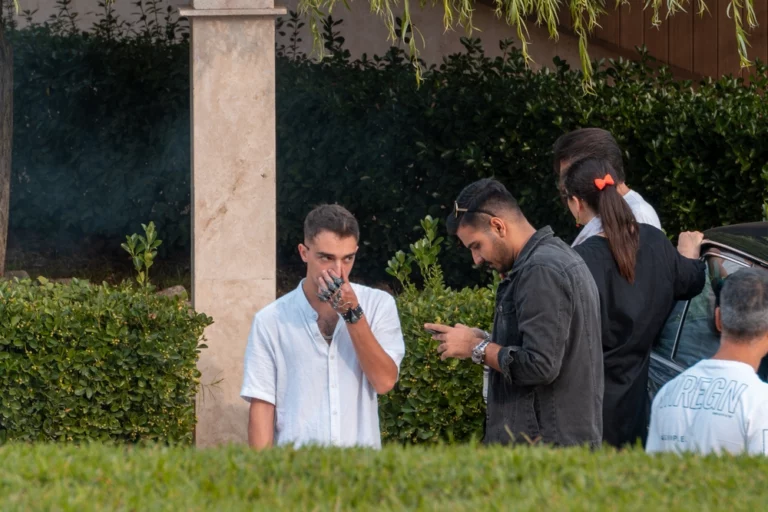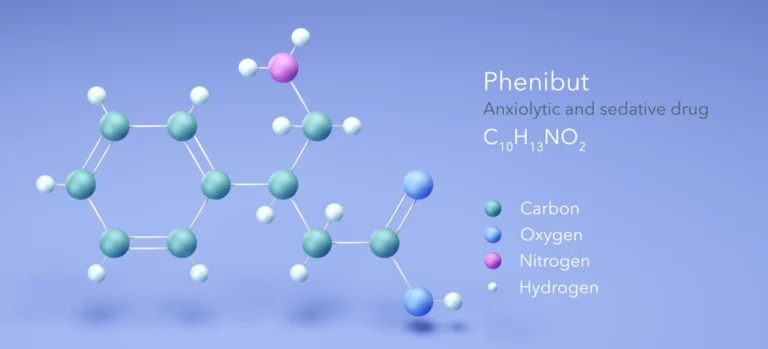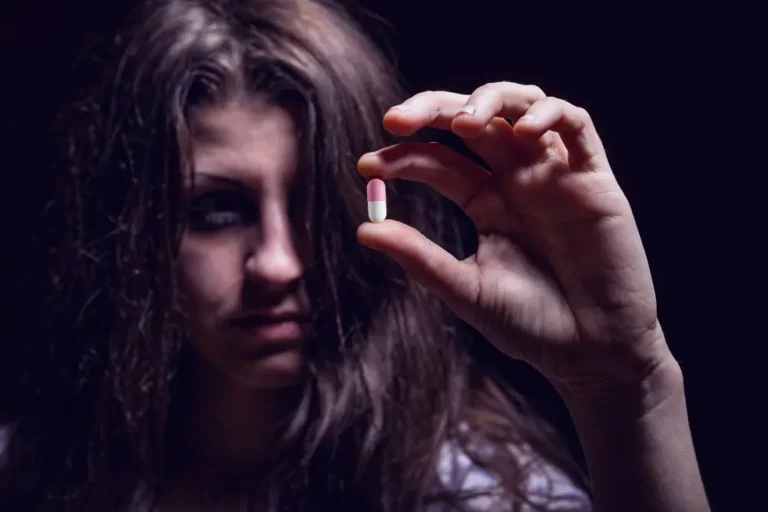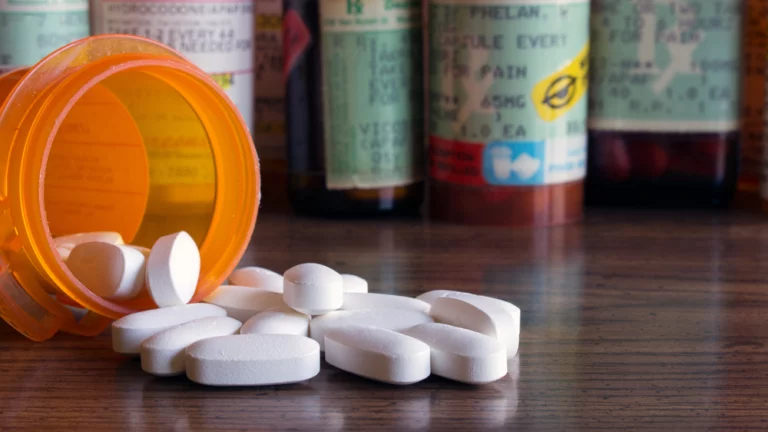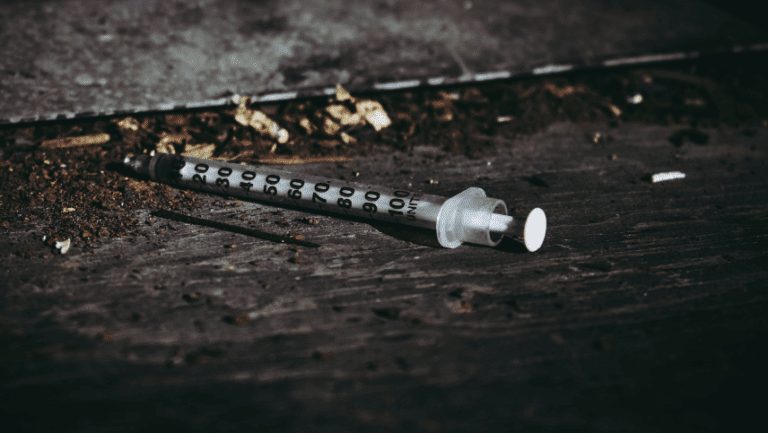Family roles in addiction are present in even the most dysfunctional families since addiction is considered a family disease. Within any family unit, each individual has a certain job to do that keeps the family running smoothly and allows for equilibrium and harmony. When somebody in the family has a drug or alcohol issue, the roles and dynamics within the family shift to accommodate the addiction and still ensure that order is preserved.
This article will discuss the different roles family members assume when a relative is actively struggling with addiction.

Family Dynamics in Addiction
The impact of addiction on an entire family and their response to it varies based on their dynamics. However, common dysfunctional roles often emerge without individuals realizing it. As the addicted person behaves in certain ways, other family members develop their own techniques to manage the situation, resulting in a cycle of dysfunction. While every family is unique, there are identifiable patterns of dysfunctional family roles that emerge in households affected by addiction.
What Are The 8 Family Roles in Addiction?
The establishment of distinct roles among family members is regarded as a critical element of a successful family unit. Most scholars are in agreement that having well-defined roles inside a family improves their capacity to handle everyday life, unanticipated issues, and the typical changes that take place within families over time.
#1 The Addict (Dependent)
Individuals battling addiction display varying levels of functioning and meeting their responsibilities. Usually, as the consumption of drugs or alcohol increases, so does the severity of the addiction. As a way to deal with issues and emotions, these substances become the primary coping mechanism. Over time, addicts end up distancing themselves from others and their life revolves around obtaining and using drugs or alcohol.
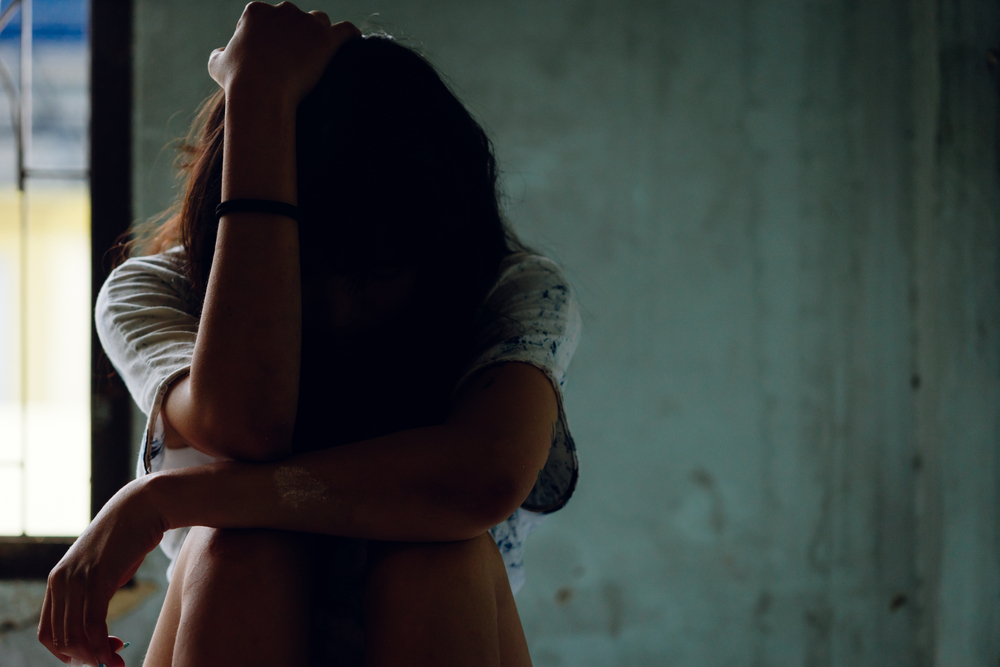
They often blame others for their issues, can be hostile and judgmental, and show little to no concern for how their behavior affects those around them. Additionally, other types of addiction or dysfunction, such as sex addiction, gambling, and untreated mental health issues, can be used to replace drug and alcohol addiction, and the behaviors and dynamics of the individuals remain similar.
#2 The Enabler (Caretaker)
The enabler attempts to reduce the potential for damage or danger by engaging in activities such as covering up for the addict or doing things on their behalf. This person denies that there is an issue with alcohol/drugs and tries to maintain control of the family by being in deep denial and avoiding the problems. The enabler will go to great lengths to keep family secrets and make sure that the outside world perceives them as an idyllic, functioning family. In most cases, the enabler is the addict’s spouse, but it is possible for it to be one of their children too.
#3 The Hero
The hero in an addict’s family is much like the caretaker, dedicating their energy and focus to concealing the addict’s missteps to make it seem like the family is “regular”. This person will take every step they can to fix the dysfunctional atmosphere inside the house. This person is usually depicted as too responsible, self-sufficient, or even a perfectionist. However, by being the “shining child/parent”, the hero may have difficulty living up to the status and feel the distress of personally witnessing the addict’s suffering.
#4 The Scapegoat
The scapegoat is the polar opposite of the hero. This person is typically a troublesome individual who engages in rebellious or hostile behaviors. This individual may display violence, be sexually promiscuous, or break the rules, and they will often draw attention away from the substance abuser and get all of the criticism. This means that the family member who is addicted can go on abusing substances without anyone intervening.
#5 The Lost Child
A middle or young child may take on the role of the lost child when they feel neglected in the home. This person is often quiet, timid, and introverted, and requires very little attention. As more attention is devoted to the addict in the home, this child will become lost in the upheaval. They may have trouble making decisions, forming close relationships, and even pushing away those they are close to. As a consequence of not being able to handle the addiction in their home, this person may turn to self-medicating or battle with mental health issues in adulthood.
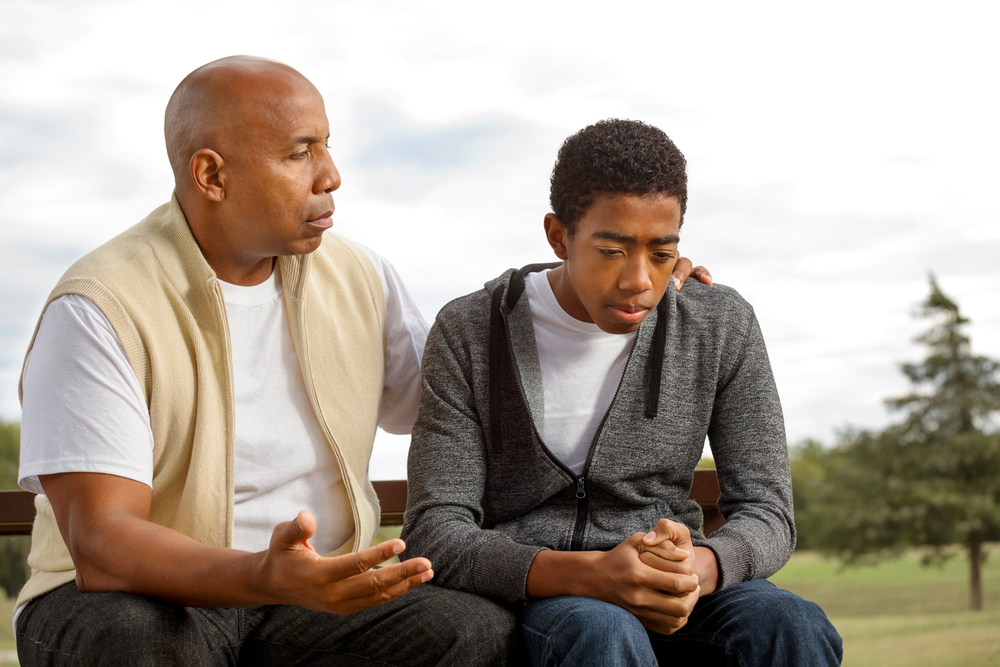
#6 The Mascot
The mascot is essentially like the class clown of the family- someone who utilizes wit to reduce stressful or strained circumstances. This role, which is generally assumed by a younger individual, is focused on making others laugh to help mask the affliction they are going through. Of course, amusement is significant during troublesome times, yet the mascot takes their humor to the extreme by using it to shy away from emotions, confrontation, and stress.
When the hilarity ceases to function, the mascot may find it hard to deal with the upheaval in the home. Consequently, the person playing the mascot role may resort to drugs or alcohol to deal with the situation – further worsening the dangerous cycle of dependence within the family.
#7 The Problem Child
The Problem Child is not commonly included in the list of dysfunctional family roles associated with addiction, possibly due to the assumption that the Dependent and the Problem Child are often the same people. However, a particularly rebellious child can influence the family dynamic and lead to other family members filling the other categories.
The Problem Child may also emerge as a response to the dysfunction caused by the Dependent and may unintentionally enable the Dependent by diverting attention to their misbehavior. In some cases, the Problem Child may even act as the Hero, depending on the family member’s perspective.
#8 The Mastermind
Like the Problem Child, the Mastermind is often overlooked in discussions of dysfunctional family roles in addiction because the Dependent assumes this position. The Mastermind is usually associated with manipulation and opportunism, which the Dependent may use to conceal or facilitate their substance use. From the viewpoint of the Caretaker and sometimes the Scapegoat, the Dependent certainly embodies the Mastermind role.
However, the Mastermind’s role within the family dynamic can be more complex. Some Masterminds can assume other dysfunctional family roles depending on the outcome they wish to achieve. Usually, they observe the family’s behaviors and use them to their advantage. They may leverage the Problem Child or Scapegoat’s distractions to engage in their misconduct or take advantage of the Caretaker’s enabling nature to satisfy their desires.
Why Addiction is a Family Disease
The whole family of an addict suffers the repercussions of substance abuse. Addiction has a detrimental impact on the family’s finances, health, and well-being. More and more households are now led by one parent, which is especially vulnerable to the consequences of addiction. Also, children who experience addiction in their family are more prone to developing an addiction disorder in the future, as well as using drugs and alcohol at an earlier age than their peers.
The use of drugs and alcohol can have a huge effect on someone’s financial situation, potentially leading to poverty or bankruptcy. In addition, the shame of having a family member who is addicted can cause social alienation and a lack of connection with friends or family. This can create a continuous loop of intense cravings for drugs and alcohol, which can in turn result in mental instability and emotional distress.
How Addiction Can Lead To Violence
Domestic problems arising from drug or alcohol dependency will usually manifest as physical or verbal clashes. The addiction will become the main source of tension, while any other underlying issues remain temporarily dormant. Unfortunately, if the couple remains in denial and refuses to seek help, the deeper sources of disagreement will ultimately resurface. Drug and alcohol use can lead to hostile home environments, causing people to be resentful and experience poor decision-making.
In extreme cases, these emotions may cause physical and verbal aggression, violence, harm, and even fatalities. Studies suggest that half of all males undergoing treatment for substance abuse have physically abused their spouses or partners, while several females in therapy have suffered abuse. It is of utmost importance to treat any indication or possibility of abuse seriously in the recovery process, and any individual who has physically or verbally attacked a partner should receive professional help immediately.

How to Overcome Family Dysfunction
Fortunately, members of the family can act in a healthy manner to promote and help in the recovery process. For instance, a parent may serve as a caring yet resolute caretaker, inspiring their family member to make sensible and beneficial decisions. Healthy roles and behaviors within the family may include making their loved one answerable for their actions and offering rewards for good choices. Relatives may join their addicted family member in support groups or attend their own support group for families of people with addiction. Establishing healthy boundaries is a fundamental element of recovery for the family.
Al-Anon is an organization that provides assistance to families who are dealing with a relative’s addiction to substances. Relatives, such as parents, siblings, and cousins, can come together to express their troubles due to the person’s drug use. It follows the same 12-Step program as other such groups, with spiritual beliefs being at the core of the support.
Alateen is for teens who have family members with addiction, providing them a place to heal and talk about their issues. Narc-Anon is for the family of people with a dependency on narcotics and is a space to share and come up with solutions. All of these support groups offer a way for family members to be part of the recovery journey and express themselves.

Addiction Treatment in Knoxville
Knoxville Recovery Center takes a direct approach to substance abuse, striving to make a difference in individuals’ lives. Personalized programs are created for each patient, allowing them to overcome the challenges of their illness and become functioning parts of the community. In addition to counseling from master’s degree counselors and various holistic treatments, patients also receive individual and group sessions.
You don’t need to go through this alone. We can help you or your loved one overcome addiction for good. Our extensive programs and services offer you the opportunity to get assistance with your addiction and to have faith in a promising future again. Please don’t hesitate to contact the professionals at Knoxville Recovery Center so that we can help you to heal completely. You are never alone.




